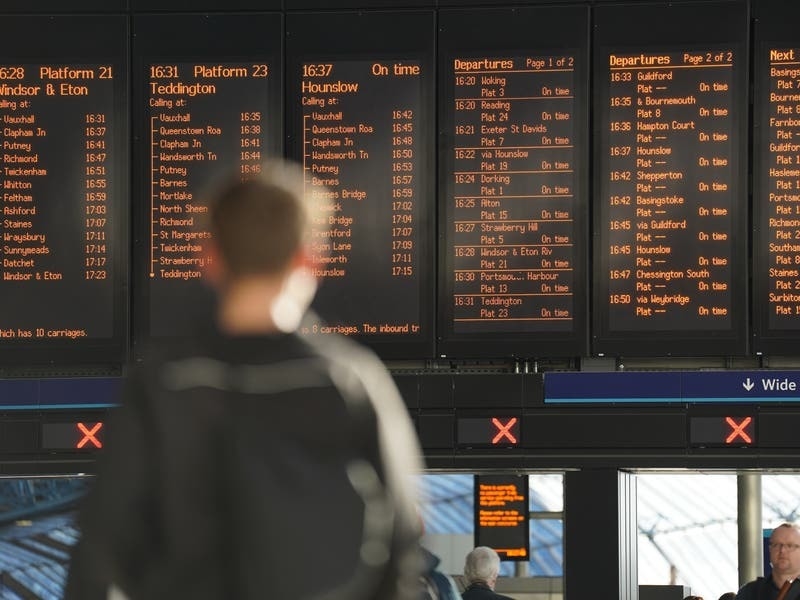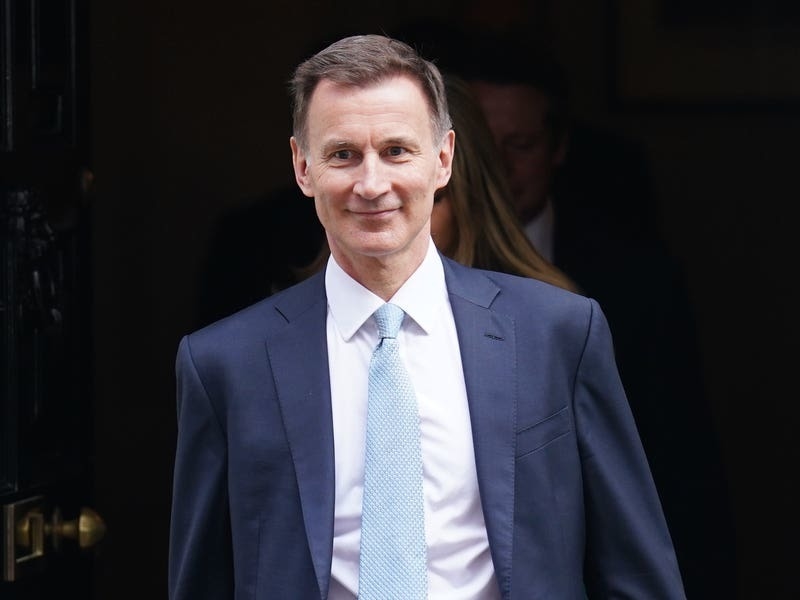Annual house price growth has slowed but rental prices have increased at their fastest rate since records started in 2016, according to official figures.
Average UK house prices increased by 6.3% in the 12 months to January 2023, down from 9.3% in December 2022, the Office for National Statistics (ONS) said.
The average UK house price was £290,000 in January 2023, which was £17,000 higher than 12 months earlier.

This represented the largest annual percentage change since comparable UK records started in January 2016.
Private rental prices in London increased by 4.6% in the 12 months to February 2023, accelerating from a 4.3% rise in the 12 months to January 2023.
This was the strongest annual percentage change in London since January 2013.
ONS head of housing market indices, Aimee North said: “Annual house price inflation, measured using final transaction prices, slowed again in January, consistent across all nations and regions.
UK average house prices increased by 6.3% in the year to January 2023, down from 9.3% in December 2022.
➡ https://t.co/CScJdqrgcE pic.twitter.com/uo7cCIMHw5
— Office for National Statistics (ONS) (@ONS) March 22, 2023
“UK rental prices continued to climb, with the strongest growth since records began in 2016.
“The surge in London’s rents remained evident with the highest annual percentage increase in over a decade.”
The average UK house price recorded a monthly fall of 0.6% in January 2023, following a 0.4% drop in December 2022.
The average house price in Scotland increased by 1.0% over the 12 months to January 2023. The average house price in Scotland was £185,000 in January 2023.
Annual house price inflation in Scotland has generally been slowing since a recent peak of 13.8% in the 12 months to April 2022, the ONS said.
In England, the average property value increased by 6.9% over the 12 months to January 2023. The average house price in England was £310,000 in January 2023.
Within England, the North East had the highest annual house price inflation in January 2023, at 10.0%, while London had the lowest, at 3.2%.
London has the highest average house price in England, at £534,000, while the North East has the lowest, at £163,000.
And in Northern Ireland, the average house price increased by 10.2% annually, with the average house price there at £175,000.
Aimee North continued: (2/2)
— Office for National Statistics (ONS) (@ONS) March 22, 2023
Nicky Stevenson, managing director at estate agent group Fine & Country said: “A significant proportion of the sales completed at the beginning of the year had to weather the impact of autumn’s mini-budget and sudden rise in mortgage rates and many buyers will have renegotiated on price as a result of changing affordability.”
Tom Bill, head of UK residential research at Knight Frank, said: “January’s drop in annual house price growth tells us a lot about the detrimental impact of the mini-budget but very little about how the UK property market will perform this year.
“After effectively switching off for the final quarter of 2022, demand and supply have been solid this year and sales volumes will eventually catch up against an economic backdrop that is proving stronger than expected.”
Carl Howard, group CEO of Andrews estate agents said: “The current mismatch between population growth and house building is continuing to stoke demand for rental properties, particularly in cities and commuter hubs.
“Another big factor has been the growing pressure on landlords, hit by the spiralling cost of living and increased mortgage rates.”
Jeremy Leaf, a north London estate agent said: “The reasons for moving haven’t disappeared as buyers are slowly returning, encouraged by falling mortgage rates.
“Although viewings are up, sales conversions are harder due to more choice and increased buyer caution.”
Mike Staton, director of Mansfield-based mortgage broker, Staton Mortgages said: “The problem with the housing market at the moment is that buyers think it is 2008 and sellers think it is 2020. Both are wrong.”
Jason Tebb, chief executive of property search website OnTheMarket.com said: “While market conditions are more challenging, as we head into spring and what is traditionally a busier time of year for the market, properties must be priced correctly in order to achieve a successful outcome.”
Andrew Montlake, managing director of Coreco Mortgage Brokers said: “The property market has always been more robust than many people assume, with demand still strong whilst supply is still nowhere near where it should be.
“Flatlining is now the more likely scenario for house prices and prices will differ as regionalisation becomes more pronounced.”
Emily Williams, director of residential research at estate agents Savills said: “Savills expects regions furthest from London, and cash and equity rich markets which are least reliant on borrowing, to be the strongest performers over the next five years.”






